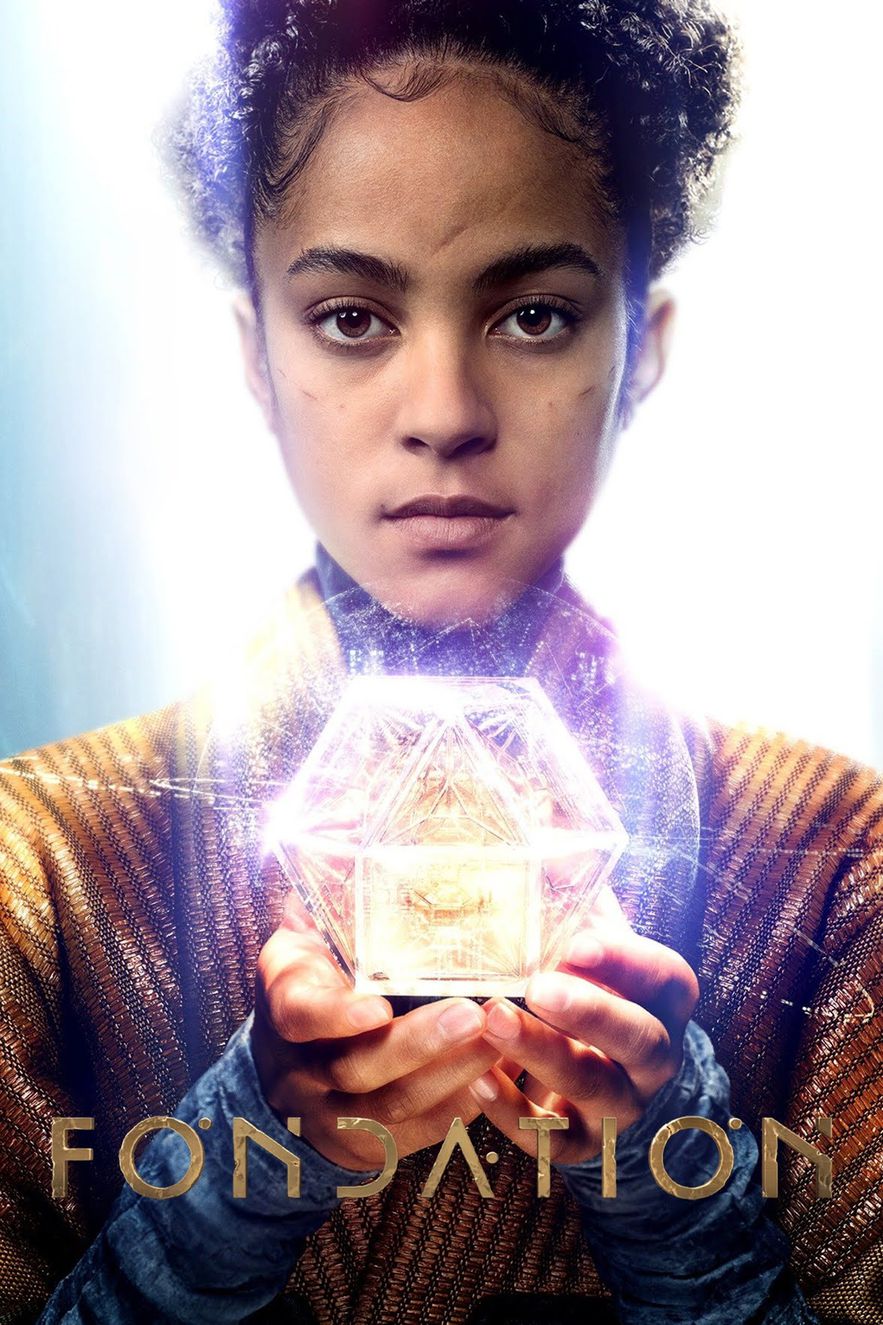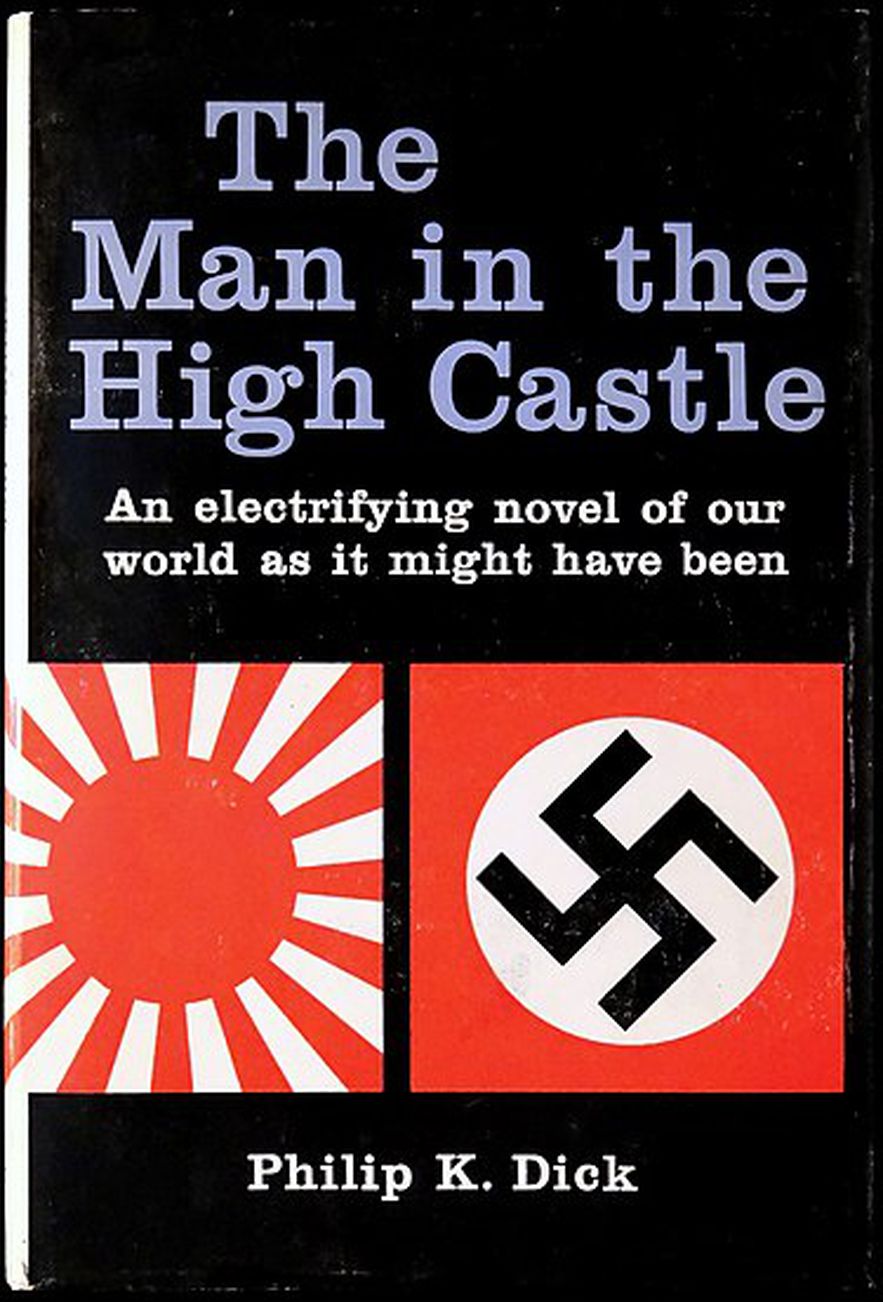The novelty
Silo, by Hugh Howley, 2012 – Series by Graham Yost 2023
It’s one of those magical little stories that publishing sometimes knows. In 2012, Hugh Howey, a former bookstore clerk, self-published two short stories on the Internet, which tell of the survival of humanity in a 144-story underground silo from which no one is allowed to leave. But what does the silo actually hide, where the rules are very strict? Is the surrounding world as unlivable as the locals are told? The success on the web is such that Howey writes three other short stories, and makes a novel called Silo. He signs for a series with the publisher Shuster and Shuster, adds a second volume to tell the genesis of his delirious project and a third which concludes the saga on a note of hope. Success becomes triumph. In France alone, Silo (1,500 pages in total) sold all editions to 500,000 copies. For what ? More perhaps than its clever basic idea, it is through fluid writing, endearing characters and a commendable refusal of gratuitous action that Howley ends up weaving a web in which the readers let themselves be caught.
For years, a film based on Silo was planned. Ridley Scott and Steven Zaillian even got down to it on behalf of 20th Century Fox. But the takeover of Fox by Disney put the project on hold. In 2020, he was drafted on TV by AMC and then Apple TV with “show runner” Graham Yost (band of brothers) the controls. This first season adapts the first novel of the trilogy. Directed by Morten Tyldum (passengers), it is a very classic work, a mixture of thriller and SF with a very impressive visual universe. Rebecca Ferguson and veteran Tim Robbins excel at it.
Silo; Silo: origins; Silo: Generations, The Pocket Book, 8.90 euros per volume. Series broadcast on Apple TV from May 5: two episodes on May 5, then one each Friday
The classics
Station Eleven, by Emily Saint-John Mandel, 2014 – Series by Patrick Somerville, 2021
A series from “Station Eleven” by Emily Saint-John Mandel.
© / HBO Max
A pandemic killed 99% of the population. Twenty years after the tragedy, a small troupe of actors roams the devastated territories to play Shakespeare and not to lose hope, according to its motto “Because surviving is not enough”. While depicting the “world after”, Emily Saint-John Mandel endeavors to tell how her few survivors lived their years of wandering. Art triumphs over suffering, hope sets in, and the birth of sects and gurus is fought. The message never takes precedence over the terribly human characters with their doubts, their fears, their difficulties in adapting and in grieving. Oscillating between past and present, revolving around a comic book album and the family of “patient zero”, finalist of the National Book Award 2014 and Arthur C. Clarke Prize 2015, Mandel’s novel quickly reaches a very large audience. Seven years after its release, Patrick Somerville, himself a novelist, adapted it for television. It keeps a very open structure, multiplies the back and forth between past and present and gives a rather contemplative general tone to its adaptation.
Shores pocket, 480 p, 11.90 euros. HBO Max Series
Foundationby Isaac Asimov, 1942 – Series by David Goyer, 2021

“Foundation”, a masterpiece by Isaac Asimov.
© / Omnibus
Classic now revered, Foundation was born modestly. In 1942, Isaac Asimov published eight short stories in the journal Astounding story then made three books Foundation, foundation and empire And Second foundation published from 1951 to 1953 by a very small publisher. Success was long in coming. But, fifteen years after its first publication in review, the cycle was ranked “best series of all time” at the World SF Convention in Cleveland in 1966. What is it? In a galactic empire comprising 25 million planets, a mathematician, Hari Seldon, invents “psychohistory”, a science that predicts human reactions over millennia. Using it, Seldon foresees the collapse of the empire and the beginning of 30,000 years of barbarism. He proposes to reduce this time of decadence to a thousand years by creating at the two ends of the galaxy two colonies from which everything will start again. Inspired by The story of the decline and fall of the Roman Empire of Gibbon, Asimov develops themes which will become the matrix of many stories of the future, from that of Robert Heinlein to Star Wars. His daughter Robyn will draw a series from it with “showrunner” David Goyer in 2021. They complicate the chronology by mixing three eras and feminizing several characters. A first season of ten episodes, filmed in Malta and Tenerife, adapts the first novel. Goyer says he wants to shoot the whole thing in 80 episodes…
Omnibus, two volumes, 1056 and 1084 p, 22 euros per volume. Apple TV series
The Expanseby James SA Corey, 2011 – Series by Mark Fergus and Hawk Ostby, 2015
Initially, there is a disappearance: that of Julie Mao, a wealthy heiress. On arrival, a conspiracy involving nothing less than the future of the world… Between the two, the meeting between a private detective who has gone in search of Julie Mao and a captain whose ship has been destroyed. We are in the 24th century, and the world is divided between an impoverished Earth, a Mars that has become an independent colony and a belt of inhabited asteroids, exploited by the two previous ones and threatening to revolt. Written by a duo of authors, Daniel Abraham and Ty Franck, under the pseudonym of James A. Corey, The Expanse is the latest of the great space opera sagas. Over nine novels, the two authors develop an exciting plot and juggle both complex characters and cutting-edge scientific concepts. Both serial and human, epic and documented, The Expanse lends itself perfectly to mass production. The thing was done, and well done, in 2015. Like the books, the series mixes space opera and film noir, evolves in deliberately non-flashy settings and plays the card of realism. We often think of Battlestar Galacticaa masterpiece of the 2000s whose The Expanse clearly asserts the heiress.
Babel, 9 volumes, around 10 euros per volume. Syfy series then Prime video
The Master of the High Castleby Philip K. Dick, 1962 – Series by Frank Spotnitz

“The Man in the High Castle”, by Philip K. Dick.
© / I read
Released in 1962, The Master of the High Castle remains sixty years after its publication one of the most famous uchronies in literature. Like others after him, Dick imagines that the Nazis won the Second World War: the United States was divided in two, the west belonging to the Germans and the east to the Japanese. But it would be misunderstanding the author to believe that he will stick to this idea. By staging the author of a novel who in fact imagines that the allies have won, the exact opposite of what he is doing, Dick offers a dizzying mise en abyme and takes the opportunity to inject his themes into it. favorites: what is reality, are we sure of our existence… Having become a classic, the novel, a priori unsuitable, took advantage of the vogue for Dick in the cinema (Blade Runner, Total Recall….) to make its way to TV in a project started by the writer’s daughter, Isa Dick Hackett. The bet was not easy: the “show runner” Frank Spotnitz wins it by developing a rich and intriguing universe, which bends over four seasons to the play of the series without betraying the richness of the novel.
I read, 318 p, 8.90 euros. Prime Video Series
